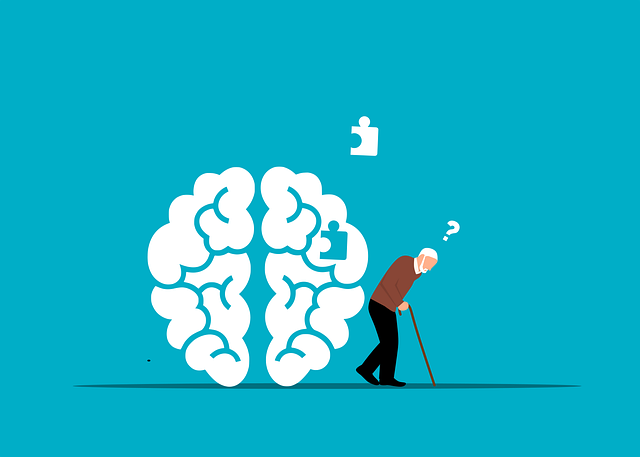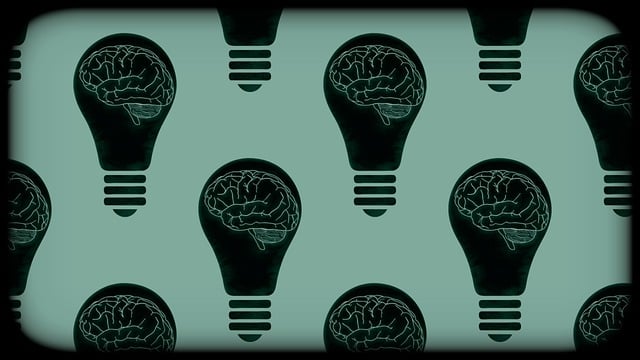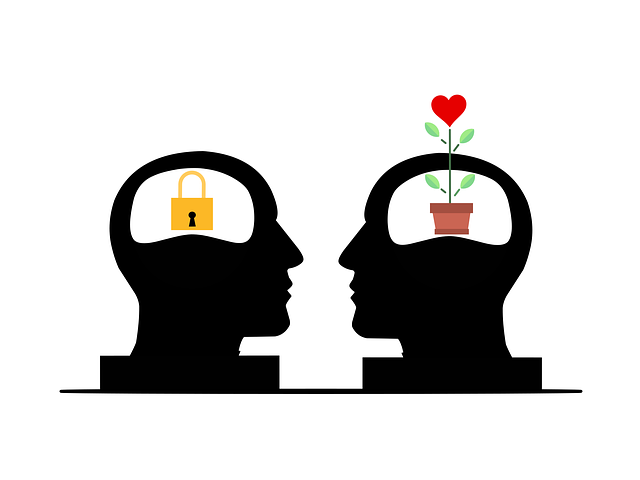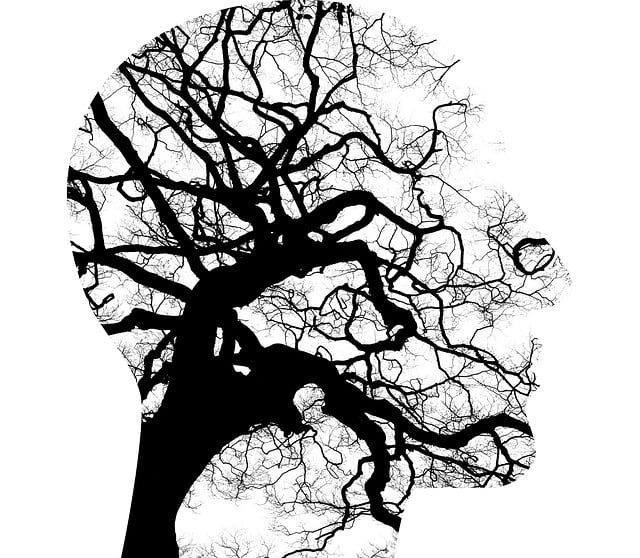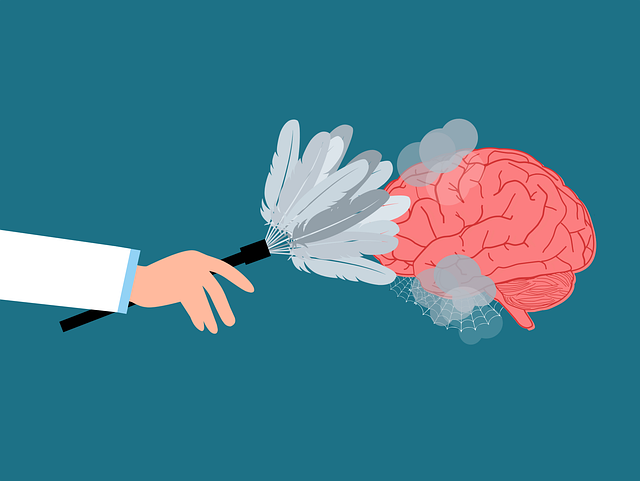Anxiety, a natural stress response, becomes problematic when persistent and overwhelming, disrupting daily life with physical and mental manifestations. Recognizing signs is crucial for seeking help, including Northglenn Post-Traumatic Stress Disorder (PTSD) therapy. CBT, an effective treatment, focuses on changing negative thought patterns to positive, realistic thoughts, improving emotional control and overall mental health. Mindfulness techniques like meditation, deep breathing, and yoga reduce anxious thoughts and promote calm. A consistent self-care routine, combined with Northglenn PTSD therapy, significantly improves symptoms and quality of life for those dealing with anxiety and PTSD.
Anxiety is a common struggle, affecting millions worldwide. In this comprehensive guide, we explore effective anxiety management techniques, tailored for individuals in Northglenn seeking relief. From understanding the root causes of anxiety and its impact on daily life to powerful therapeutic approaches like Cognitive Behavioral Therapy (CBT), mindfulness practices, and self-care routines, these strategies offer a holistic path to well-being. For those specifically dealing with post-traumatic stress disorder (PTSD), this article provides valuable insights into navigating their journey towards healing.
- Understanding Anxiety and its Impact
- Cognitive Behavioral Therapy (CBT): A Powerful Tool
- Mindfulness and Relaxation Techniques
- Building a Supportive Self-Care Routine
Understanding Anxiety and its Impact

Anxiety is a natural response to stress, but when it becomes overwhelming and persistent, it can significantly impact daily life. It’s crucial to understand that anxiety disorders, like Northglenn Post-Traumatic Stress Disorder (PTSD) therapy addresses, are more than just feeling nervous or worried; they are characterized by intense, excessive fear and concern that interferes with a person’s ability to function normally. This condition can manifest in various ways, from physical symptoms like increased heart rate and difficulty breathing to mental ones such as persistent worry, insomnia, and irritability.
By recognizing the signs and seeking appropriate guidance, individuals can take control of their mental wellness. Techniques such as Mental Wellness Journaling, where one documents thoughts and feelings, can be a powerful tool for self-reflection and identifying triggers. Exercise, another effective strategy, releases endorphins that promote relaxation and reduce stress. Additionally, Conflict Resolution Techniques teach individuals to manage challenging situations without escalating anxiety. These approaches, when combined with professional support, offer valuable tools to combat anxiety and enhance overall well-being.
Cognitive Behavioral Therapy (CBT): A Powerful Tool

Cognitive Behavioral Therapy (CBT) has emerged as a highly effective approach to managing anxiety and related disorders, including Northglenn Post-Traumatic Stress Disorder (PTSD). This therapeutic technique focuses on identifying and modifying negative thought patterns that contribute to anxious feelings. By challenging and replacing these thoughts with more realistic and positive ones, CBT empowers individuals to gain control over their emotions and behaviors.
The process involves a collaborative partnership between the therapist and the client, where they work together to understand the connection between thoughts, feelings, and actions. Through structured sessions and practical exercises, CBT equips people with valuable self-care practices, such as positive thinking strategies, that can be applied in everyday life. This mental wellness podcast series production has proven its worth, offering a comprehensive framework for individuals seeking to improve their mental health and overall quality of life.
Mindfulness and Relaxation Techniques

Mindfulness and relaxation techniques have emerged as powerful tools for managing anxiety, offering individuals a way to regain control and promote mental well-being. One effective approach is mindfulness meditation, which encourages individuals to focus on the present moment, observing thoughts and sensations without judgment. This practice can help reduce the impact of anxious thoughts and create a sense of calm. By training the mind to stay grounded in the here and now, individuals can develop a greater ability to manage stressful situations, including those that might trigger anxiety or even Northglenn Post-Traumatic Stress Disorder (PTSD) Therapy.
Additionally, relaxation techniques like deep breathing exercises, progressive muscle relaxation, and yoga can significantly contribute to anxiety management. These practices promote physical and mental detachment from anxious thoughts, reducing the body’s stress response. Incorporating regular self-care practices, such as these mindfulness and relaxation techniques, alongside seeking professional support like Mental Health Policy Analysis and Advocacy or addressing Burnout Prevention, can foster a holistic approach to managing anxiety and improving overall mental health.
Building a Supportive Self-Care Routine

Creating a consistent self-care routine can be a powerful tool for managing anxiety and promoting overall well-being. This involves dedicating time to activities that nurture both your physical and mental health. Start by identifying simple yet effective practices like regular exercise, mindfulness meditation, or journaling. Incorporate these into your daily or weekly schedule to establish a sense of structure and control.
For individuals dealing with post-traumatic stress disorder (PTSD), Northglenn therapy sessions can offer specialized support. Healthcare providers equipped with cultural competency training can help navigate the unique challenges faced by diverse populations. Conflict resolution techniques and compassion cultivation practices are also beneficial, fostering a sense of safety and connection. By combining these therapeutic approaches with a nurturing self-care routine, individuals can effectively manage anxiety symptoms and enhance their overall quality of life.
Anxiety management is a journey that requires understanding, tools, and self-care. By recognizing the impact of anxiety and employing techniques like Cognitive Behavioral Therapy (CBT), mindfulness, and relaxation, individuals can navigate and overcome challenging symptoms. Building a robust self-care routine tailored to personal needs is pivotal in managing anxiety effectively. For those grappling with post-traumatic stress disorder (PTSD), Northglenn mental health professionals offer specialized therapy to foster healing and resilience. With dedication and the right resources, managing anxiety becomes a feasible goal, leading to improved well-being and a more fulfilling life.
